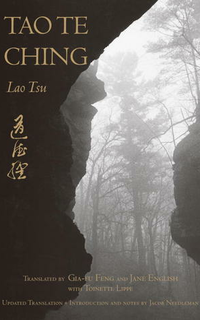Collection
Books Worth Re-reading
“Any kind of important book should immediately be read twice, partly because one grasps the matter in its entirety the second time, and only really understands the beginning when the end is known; and partly because in reading it the second time one’s temper and mood are different so that one gets another impression; it may be that one sees the matter in another light.” – Arthur Schopenhauer
Taking Schopenhauer to heart, below are the books that I have read at least twice. Adopting the concept of re-reading a book has been one of the most powerful changes I made in 2016.
- Curated in Books Worth Re-reading
Seneca, a Stoic philosopher, offers his view on how to live successfully and happily (by being in the moment and not worrying about the past or future since there is nothing you can do about either), the importance of reason and morality and provides timeless wisdom which is just as relevant today as it was millennia ago.
- Curated in Books Worth Re-reading
This book is about the diverging patterns of efficacy between Western and Chinese thinking. The Western model of efficacy, inherited from the ancient Greeks’ conception of action, seeks to attain directly a predetermined goal through voluntary and assertive action. The Chinese tend to evaluate the power inherent in a situation (shi) and transform it through non-assertiveness, relying on the “propensity” of things in such a way that the result takes place of itself.
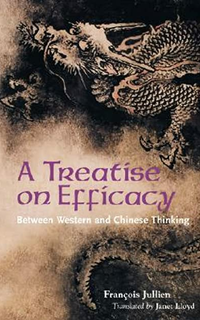
- Curated in Books Worth Re-reading
The book and concepts were rich enough that I did a bit more of an in-depth write up…
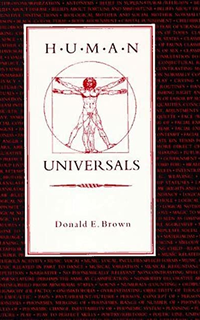
- Curated in Books Worth Re-reading
This book is full of practical wisdom and deserved a longer write up.
- Curated in Books Worth Re-reading
One of my all-time favorite books, business or otherwise. As always, I have attempted to put together something which is (hopefully) a manageable, actionable, and digestible introduction to Firestone’s thinking and business philosophy.
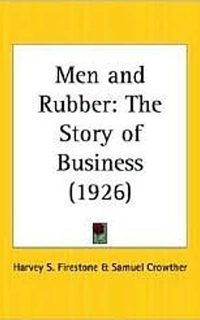
- Curated in Books Worth Re-reading
The story of Jonathan Seagull, the seagull who dared to be different and push the limits of flight, learning about himself, mastery, and perfection
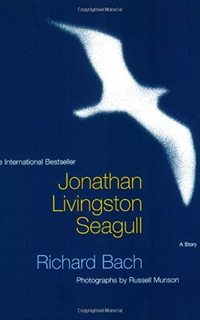
- Curated in Books Worth Re-reading
I have come to the point where I have simply decided that effortlessness would be my prime consideration, that anything not played from an effortless place is not worth playing. I don’t get my technique from studying technique. I get it from letting my hands and arms find their way without my interference. In doing so, I have unwittingly connected with the wisdom of the ancients. As I now read the writings of the great sages, I realize that I am on the same path, having the experiences they describe. Effortlessness allows us to become our own teachers, paving the way to mastery. If you get nothing else from this book, hopefully you’ll at least walk away with the realization that effort gets in the way of great playing. Effort and/or lack of preparation blocks true mastery.
- Curated in Books Worth Re-reading
Sam Walton recounts his background and Walmart’s path to retail dominance
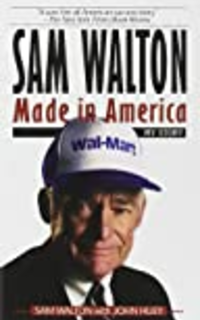
- Curated in Books Worth Re-reading
“After more thought I decided that since I was trying to teach “style” of thinking in science and engineering, and “style” is an art, I should therefore copy the methods of teaching used for the other arts – once the fundamentals have been learned.
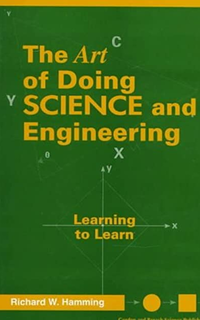
- Curated in Books Worth Re-reading
Frederick Taylor Gates, the senior business and philanthropic advisor to John D. Rockefeller, recounts his life story and interaction with JDR

- Curated in Books Worth Re-reading
A very interesting dialogue between Warren Buffett, Charlie Munger, the “librarian” and the “seeker” of knowledge. The dialogue discusses how to live a successful, happy and fulfilling life, what to avoid in life and in business and how to improve mental biases and heuristics in order to make better decisions
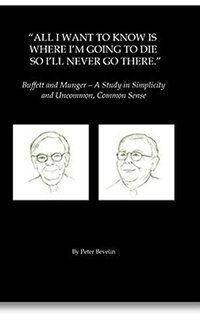
- Curated in Books Worth Re-reading
This classic is a “series of insights into life and nature; it is suggestion rather than statement. It looks at what it means to follow the way of the Tao and how to go about doing so. Be humble, don’t strive, the weak are strong, be generous, be frugal, don’t force things are some of the many timeless tenets it advocates
